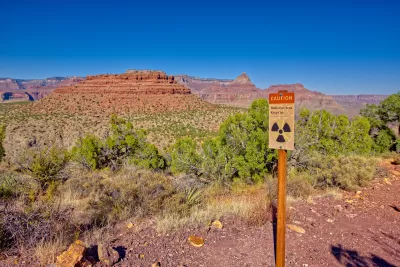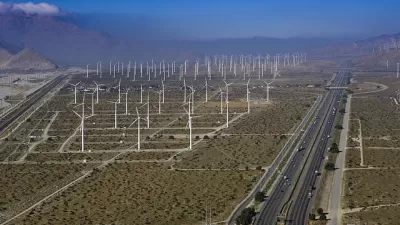Why just transition efforts must move beyond economic considerations by embedding human rights principles into business practices to ensure equitable, transparent, and accountable outcomes for affected communities and workers.

In their article published in the Business and Human Rights Journal, Damilola S. Olawuyi, Claire Bright, Samentha Goethals, and Qaraman Hasan critically assess current just transition narratives in the energy and extractive sectors. They argue that while these transitions aim to address climate and economic goals, they often fall short in protecting the human rights of workers, Indigenous communities, and other vulnerable groups affected by decarbonization and resource shifts.
To bridge this gap, the authors propose a rights-based framework that places human rights due diligence, meaningful stakeholder engagement, and transparency at the center of transition strategies. They call on companies to proactively identify and mitigate risks across their operations and supply chains, ensuring that energy transition efforts do not reinforce historical patterns of marginalization or environmental harm. By doing so, businesses can align with international norms and build trust with impacted communities.
Olawuyi, Bright, Goethals, and Hasan conclude by emphasizing the need for collaboration between governments, businesses, and civil society to ensure that just transitions are truly inclusive and equitable. They advocate for integrating human rights standards into both corporate and regulatory practices to support sustainable development that respects the dignity and rights of all stakeholders involved in the shift to a low-carbon future.

Planetizen Federal Action Tracker
A weekly monitor of how Trump’s orders and actions are impacting planners and planning in America.

Map: Where Senate Republicans Want to Sell Your Public Lands
For public land advocates, the Senate Republicans’ proposal to sell millions of acres of public land in the West is “the biggest fight of their careers.”

Restaurant Patios Were a Pandemic Win — Why Were They so Hard to Keep?
Social distancing requirements and changes in travel patterns prompted cities to pilot new uses for street and sidewalk space. Then it got complicated.

Platform Pilsner: Vancouver Transit Agency Releases... a Beer?
TransLink will receive a portion of every sale of the four-pack.

Toronto Weighs Cheaper Transit, Parking Hikes for Major Events
Special event rates would take effect during large festivals, sports games and concerts to ‘discourage driving, manage congestion and free up space for transit.”

Berlin to Consider Car-Free Zone Larger Than Manhattan
The area bound by the 22-mile Ringbahn would still allow 12 uses of a private automobile per year per person, and several other exemptions.
Urban Design for Planners 1: Software Tools
This six-course series explores essential urban design concepts using open source software and equips planners with the tools they need to participate fully in the urban design process.
Planning for Universal Design
Learn the tools for implementing Universal Design in planning regulations.
Heyer Gruel & Associates PA
JM Goldson LLC
Custer County Colorado
City of Camden Redevelopment Agency
City of Astoria
Transportation Research & Education Center (TREC) at Portland State University
Camden Redevelopment Agency
City of Claremont
Municipality of Princeton (NJ)





























